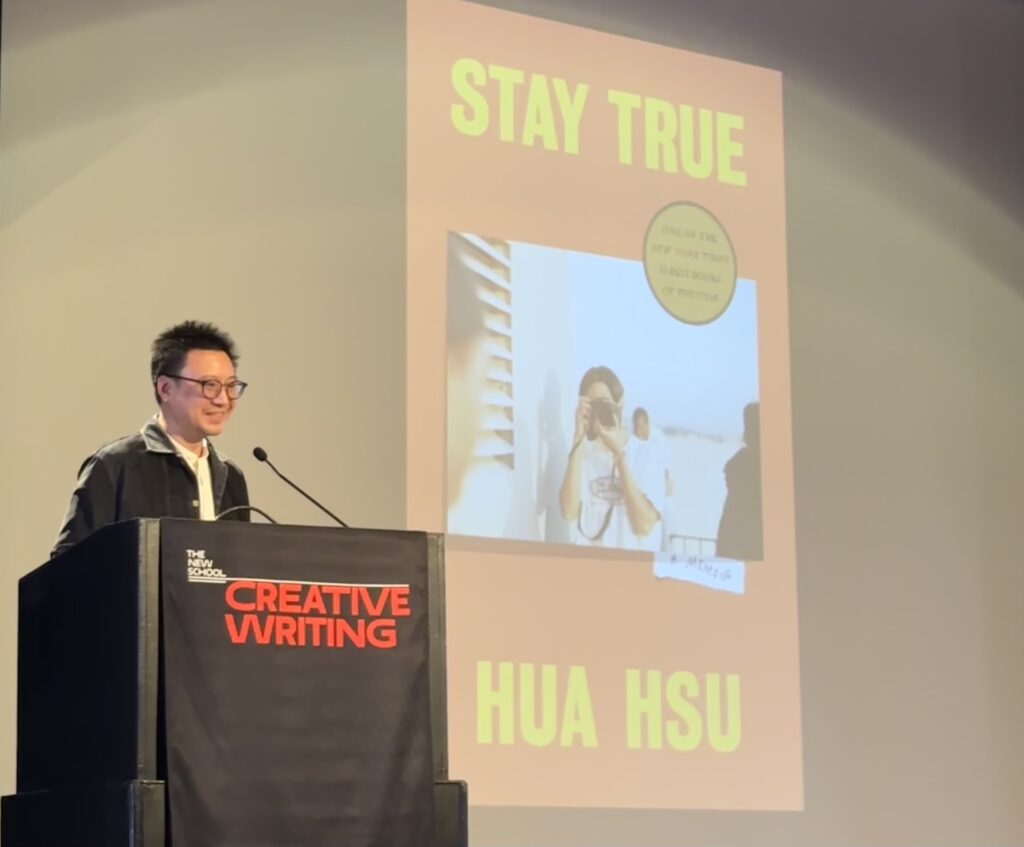An essay on Hua Hsu’s memoir Stay True appears in Alta Journal’s California Book Club and begins like this:
In 2014, Hua Hsu began his eclectic, often dazzling cultural criticism for the New Yorker with an online piece about the arrival of The Simpsons in China. He speculated about how the animated series’ “churlish sarcasm” and “punky disposition” would fare in a China not yet fully beset by the neo-authoritarianism of Xi Jinping and suggested that what made the show a hit in the United States was a sense of equilibrium about the world it created. “After all,” he wrote, “the Simpsons remain a family. Bart is demon-like, but he never truly breaks bad; Lisa dreams of more enlightened surroundings, yet never runs away.”
The search for a meaningful equilibrium is at the heart of Hsu’s coming-of-age memoir, Stay True, which looks destined to become a classic of its genre. Set mostly during his time as an undergraduate at Berkeley in the 1990s, the book employs the long-established patterns of the bildungsroman, the class of novel in which overcoming some conflict or setback leads to the protagonist’s admission to the world of adulthood. In Hsu’s memoir, he is delivered from his otherness as the son of Taiwanese immigrants through his “affiliation” with “a small tribe,” an artistically inclined, often Asian American circle of friends and lovers.

Hua Hsu, at the National Book Critics Circle awards ceremony after winning the prize for Autobiography, New York City, March 2023, photo by David Woo.